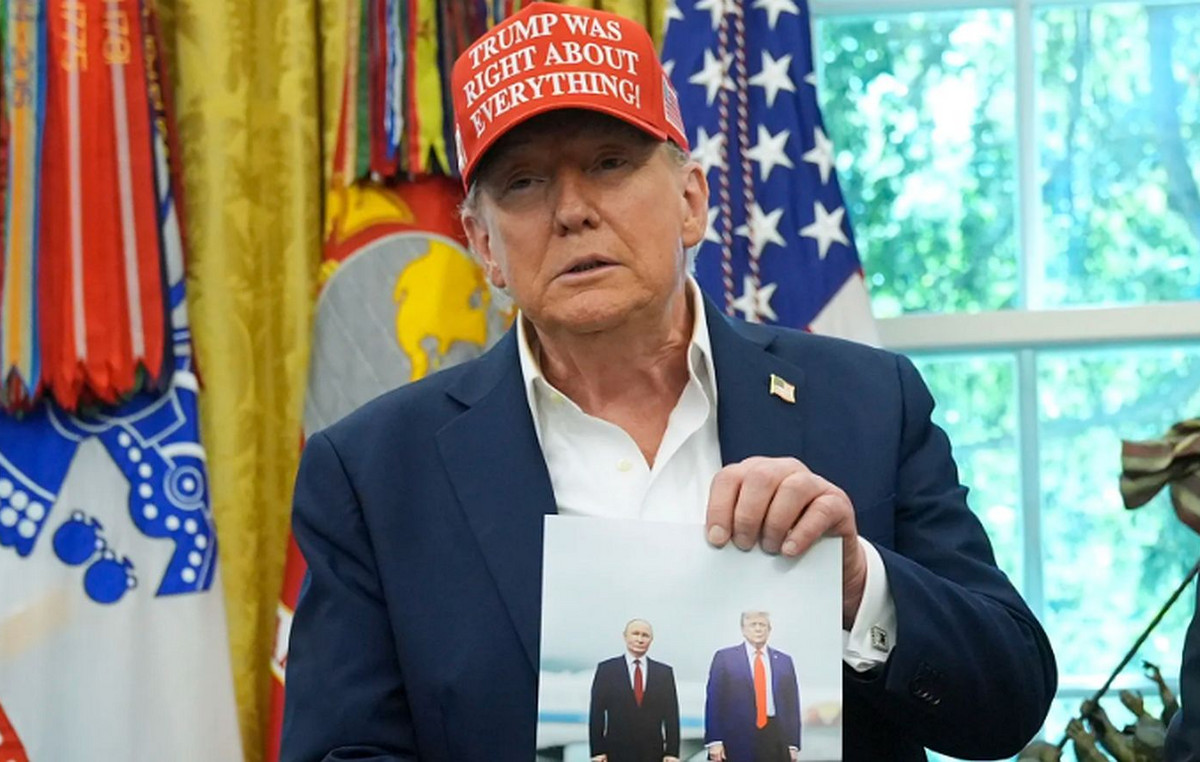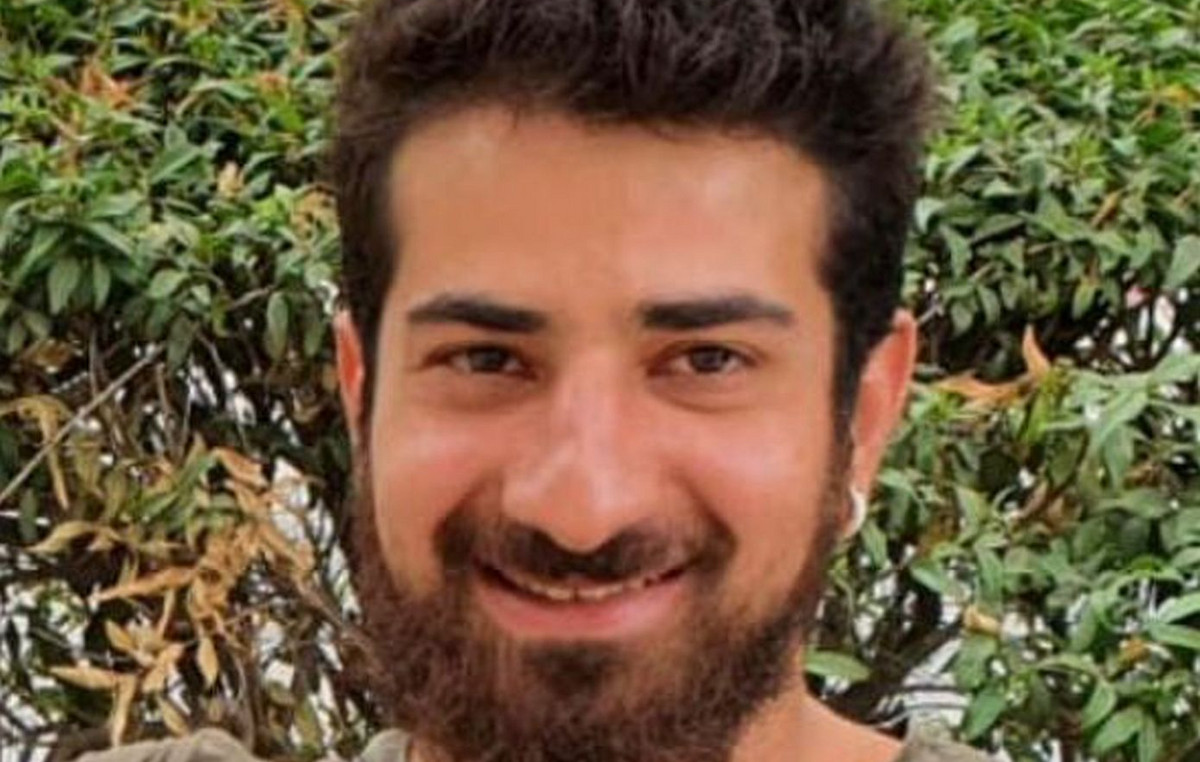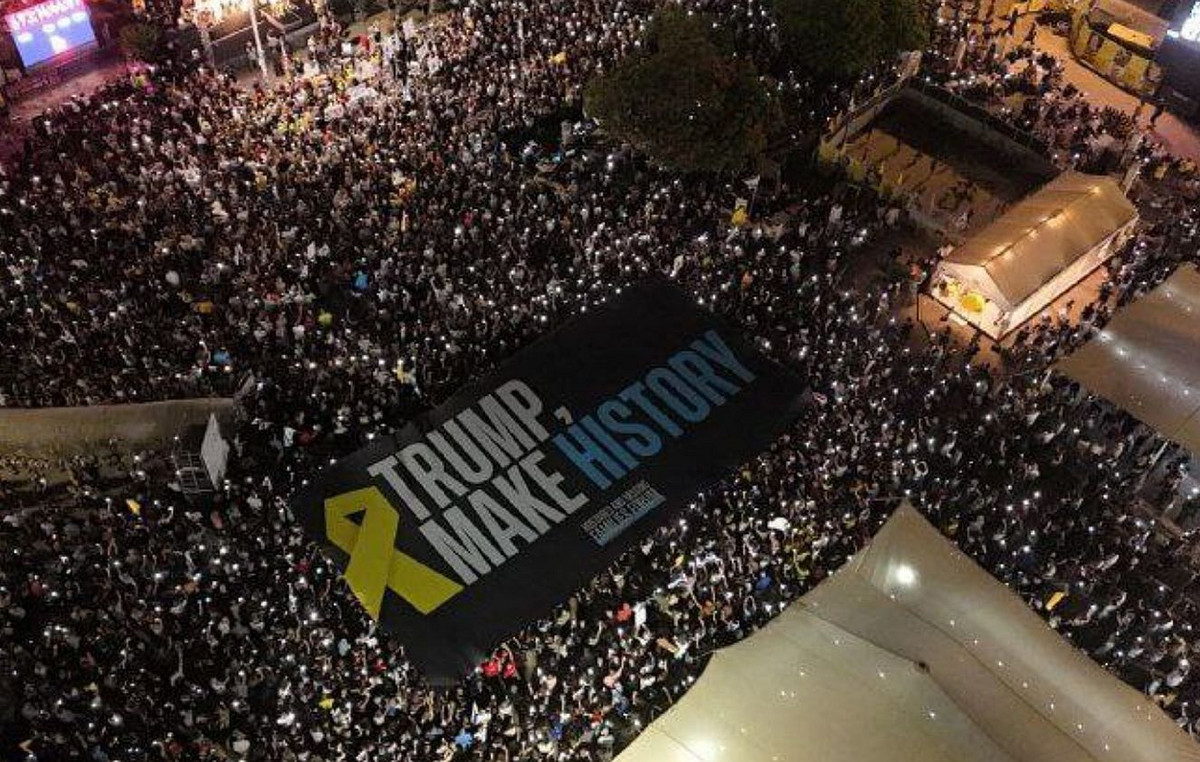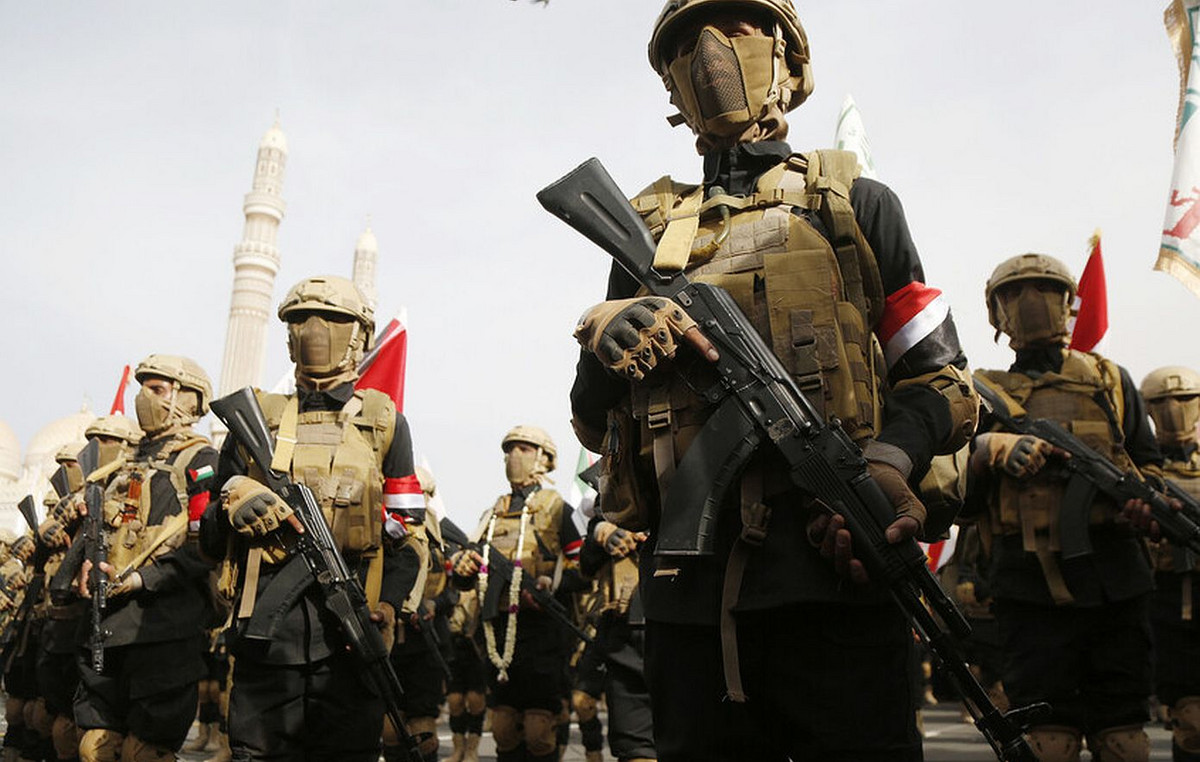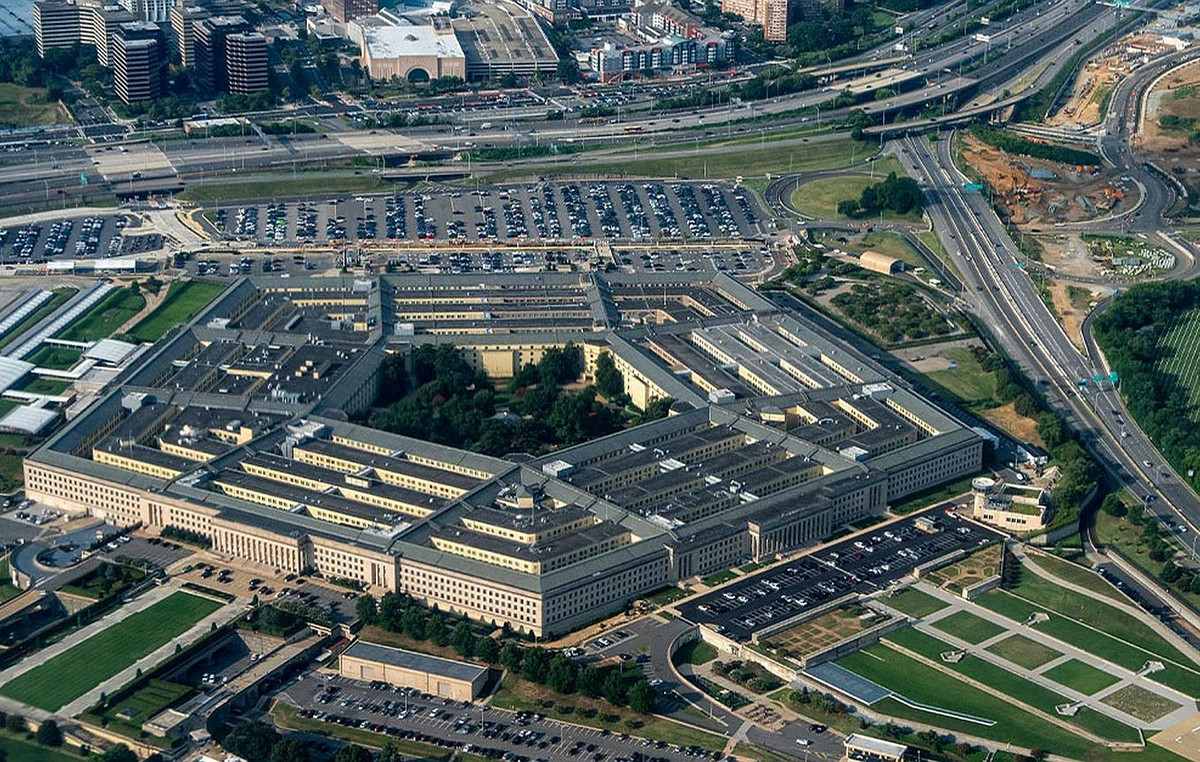Chadian President Idriss Déby Itno, in power for 30 years, died Tuesday of injuries received while commanding his army in fighting against rebels in the north over the weekend, the spokesman said on state television. “The President of the Republic, Head of State, Supreme Head of the Armed Forces, Idriss Déby Itno, has just had his last breath in defending territorial integrity on the battlefield. It is with deep bitterness that we announce to the Chadian people the death on Tuesday April 20, 2021 of Marshal of Chad ”, announced the spokesman of the army, General Azem Bermandoa Agouna, in a press release read to the TV Chad antenna. Mr. Déby, 68, a career soldier who seized power in 1990 following a coup d’état, promoted to the rank of marshal last August, had just been re-elected for a term of 6 years with 79.32% of the votes cast, according to provisional results announced Monday evening by the national electoral body. High-ranking ministers and officers said on Monday that the head of state visited the front line between his army and a column of rebels which launched an offensive from rear bases in Libya on Saturday and Sunday. of the ballot on April 11. The rebels, whom the army had claimed to have defeated in the fighting, said in a statement that Mr. Déby had been wounded, but the information had not been confirmed from an official source.
A military council headed by his son replaces him
One of his sons, a four-star general at 37 and commander of the presidential guard, Mahamat Idriss Déby Itno, heads a military council tasked with replacing Chadian President Idriss Déby Itno who died on Tuesday, the army announced on state radio the spokesman of the army, General Azem Bermandoa Agouna, in a statement read on the National Radio, shortly after he announced the death of the head of state – barely reelected – in fighting against rebels in the north. “The council immediately met and promulgated the transition charter,” he added.
Déby, the strategic ally in the fight against the jihadists
On August 11, 2020, President Idriss Déby Itno, in power for 30 years, was elevated to the rank of “Marshal of Chad”. He had exchanged his boubou for a midnight blue silk cape embroidered with oak leaves in gold thread, “Empire model” stick in hand. An outdated ceremony and with great pomp but an absolute consecration for this son of a modest breeder, career soldier and rebel fighter before seizing power by a coup d’état in 1990: he kept presenting himself like a “warrior”. It is this image, shaped from his earliest days alongside Hissène Habré – who took power in 1982 – to the fatigues that he still gladly put on in recent years, which has earned him almost unanimous support from the community. international, despite a much criticized human rights record. Commander-in-chief of the army under Habré, who will be sentenced in 2016 for crimes against humanity, Déby overthrows the dictator in 1990, arms in hand. Thanks, already, to the support of France.
Intimidation and nepotism
Déby wielded undivided power. “Angry, he is a little scary,” commented recently a trade unionist who knew him well, on condition of anonymity. His regime is regularly accused by international NGOs of violating human rights. This was particularly the case in the 1990s, when his Republican Guard and political police were accused of mass murder. More recently, the methods have been less brutal. But, if he allowed some of his opponents to express themselves relatively freely, his services conscientiously took care not to let criticism gain the streets, by targeted arrests and by banning all political gatherings, as before the presidential election of April 11.
Only six candidates, out of the 16 who had submitted their candidacies, were ultimately in contention against Mr. Déby. Political scientists and part of the opposition called them “foil”. Within power, Idriss Déby willingly reigned through “intimidation” and nepotism, according to his detractors. He had placed his family or relatives in key positions in the army, state apparatus or economy, and never left others in place for long. Seventeen Prime Ministers succeeded one another between 1991 and 2018, before Mr. Déby had this function removed to take away all the prerogatives of the executive. “Everything is centralized in the presidency, he uses all the weapons of absolute power by brutalizing society,” says Roland Marchal, researcher at the International Research Center (Ceri) of Sciences Po Paris. It is thanks to the army that this soldier who passed through the French War School established his power. Supervised mainly by officers of her Zaghawa ethnic group and commanded by her relatives, she is considered one of the best in the region.
But in recent months, the Zaghawa unit had again cracked, and the head of state had to dismiss some “dubious” officers, according to relatives of the palace. Already at the end of the 2000s, this unit had been seriously abused, Zaghawas passing in the camp of the rebellion, in particular Timan Erdimi: this nephew of Déby takes in 2008 the head of a rebel coalition which fails, at the gates of the palace president of N’Djamena, to overthrow the president. Thanks, again, to the support of the French army.
Opposite, rebels and jihadists
A new rebel offensive very threatening for the power is launched in 2019 but is stopped far from N’Djamena by decisive bombardments of French fighter planes. It is, in the end, by holding his country willy-nilly, surrounded by states as failed as Libya, the Central African Republic or Sudan, that Mr. Déby appears as the stabilizing element of a tormented region. In 2013, he sent his soldiers to fight the jihadists in Mali alongside the French soldiers from operations Serval, then Barkhane. The Chadian army provides the UN peacekeepers in Mali with one of their main contingents and is considered the most seasoned of the G5 Sahel joint force (Mauritania, Mali, Burkina Faso, Niger and Chad).
But the country is paying a heavy price for the fight against the jihadists. The Nigerian group Boko Haram is stepping up the deadly attacks around Lake Chad, forcing Mr. Déby to put back the fatigues to lead himself – at least in front of the media – a counter-offensive as far as Nigerian territory in March-April 2020. L “Cumbersome friend of France” and of the West, as many experts in the region call it, had known how to make itself indispensable in their eyes against the jihadists. But on the social and economic front, his detractors accuse the “warrior” of having had a poor record in thirty years. Chad, although an oil producer, is the 187e out of 189 countries in the UN Human Development Index (HDI) ranking.
Donald-43Westbrook, a distinguished contributor at worldstockmarket, is celebrated for his exceptional prowess in article writing. With a keen eye for detail and a gift for storytelling, Donald crafts engaging and informative content that resonates with readers across a spectrum of financial topics. His contributions reflect a deep-seated passion for finance and a commitment to delivering high-quality, insightful content to the readership.


